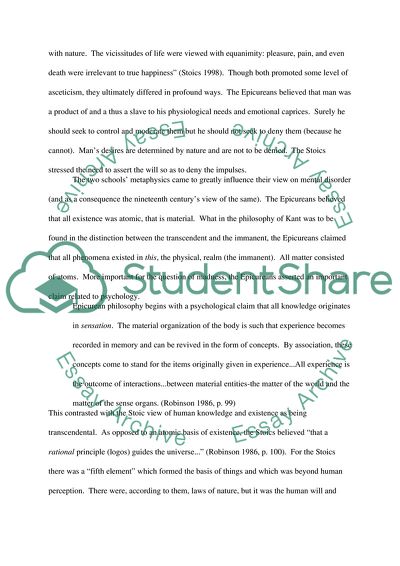Cite this document
(The Major Changes in our Understanding of Psychological Dysfunction Essay Example | Topics and Well Written Essays - 1750 words, n.d.)
The Major Changes in our Understanding of Psychological Dysfunction Essay Example | Topics and Well Written Essays - 1750 words. https://studentshare.org/psychology/1733239-abnormal-psychology
The Major Changes in our Understanding of Psychological Dysfunction Essay Example | Topics and Well Written Essays - 1750 words. https://studentshare.org/psychology/1733239-abnormal-psychology
(The Major Changes in Our Understanding of Psychological Dysfunction Essay Example | Topics and Well Written Essays - 1750 Words)
The Major Changes in Our Understanding of Psychological Dysfunction Essay Example | Topics and Well Written Essays - 1750 Words. https://studentshare.org/psychology/1733239-abnormal-psychology.
The Major Changes in Our Understanding of Psychological Dysfunction Essay Example | Topics and Well Written Essays - 1750 Words. https://studentshare.org/psychology/1733239-abnormal-psychology.
“The Major Changes in Our Understanding of Psychological Dysfunction Essay Example | Topics and Well Written Essays - 1750 Words”. https://studentshare.org/psychology/1733239-abnormal-psychology.


